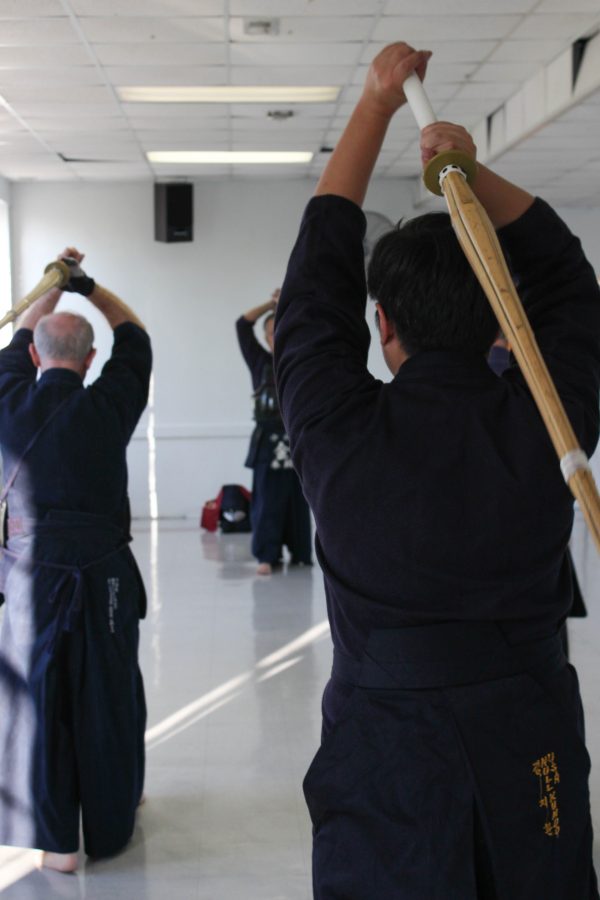Null Kumdo, a local group practicing Korean sword fighting, is seeking to get students interested in the martial art and start an athletic club on campus. Kumdo is a Korean variation on the Japanese martial art, Kendo. The instructors believe bringing the sport to the University will benefit students both physically and mentally.
“If students try to learn Kumdo, it helps them,” said Master Christopher Kim, the founder and leader of the local group. “Two years, three years, and even, freshmen, in four years, maybe they [could] change their life.”
Kim hails from Chicago and has been practicing martial arts for much of his life. He has been teaching Kumdo at the Tuscaloosa YMCA for the past seven years and believes starting a club at the University would have a variety of benefits to students. The instructor said the sport teaches people to control their minds, something he believes to be particularly important to college students.
“I will improve their school life and social life,” he said.
Kumdo as a style of combat focuses on powerful attacking strikes and precise footwork. A key component of the sport is that a swordsman’s feet should never leave the ground, staying constantly in contact with the earth. The weapon of choice in Kumdo isn’t a metallic blade, but a wooden sword made of several long pieces of bamboo.
The style originated during the Japanese occupation of Korea, which is why it is similar to Kendo.
“They’re essentially the same,” said Omar Smith, a student and assistant at Null Kumdo. “We both compete under the same terms internationally. So what we do, the Japanese do, plus we have a few other things we add in that are historically Korean. They go back about a thousand years.”
Smith spoke of the numerous health benefits Kumdo provides. The sport strengthens the lower body, is good aerobic exercise, improves hand-eye coordination and fosters flexibility. He also said men and women of all ages could enjoy the sport.
A class at Null Kumdo involves practicing footwork, performing sword forms, sparring and testing your attacking skills on a mannequin.
Smith’s long term plan is to get Kumdo clubs started at other universities in the Southeast and create a successful regional conference for the martial art. Eventually, the teams could go on to compete with schools in California and the Northeast. Kim said he believes he can bring the University a national championship in the sport.
Competing in Kumdo involves sparring with an opponent. Striking certain areas of the body nets you a point, though if you hit your target without the proper spirit and conviction, it doesn’t count.
Smith said beyond the physical benefits of the sport, learning Kumdo allows one to be in touch with a “sword culture” that has been important throughout history.
“When you learn how to use a sword, you have an insight into the life pattern, style, methods of other people in other centuries going back indefinitely to the first time they discovered bronze,” he said.
Michael Adams, a student and occasional assistant at Null Kumdo, spoke of the significance of the sport in another way.
“Have you seen ‘Kill Bill?’ ” he said. “That’s basically us.”









